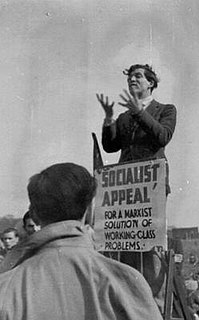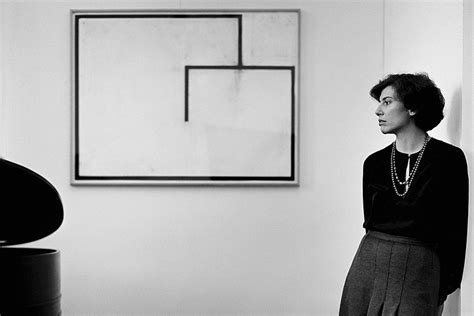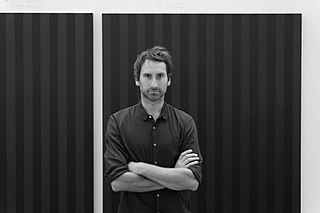A Quote by Dorothea Lange
The good photograph is not the object, the consequences of the photograph are the objects.
Quote Topics
Related Quotes
The Photograph belongs to that class of laminated objects whose two leaves cannot be separated without destroying them both: the windowpane and the landscape, and why not: Good and Evil, desire and its object: dualities we can conceive but not perceive... Whatever it grants to vision and whatever its manner, a photograph is always invisible: it is not it that we see.
How foolish of me to believe that it would be that easy. I had confused the appearance of trees and automobiles, and people with a reality itself, and believed that a photograph of these appearances to be a photograph of it. It is a melancholy truth that I will never be able to photograph it and can only fail. I am a reflection photographing other reflections within a reflection. To photograph reality is to photograph nothing.
For the photograph's immobility is somehow the result of a perverse confusion between two concepts: the Real and the Live: by attesting that the object has been real, the photograph surreptitiously induces belief that it is alive, because of that delusion which makes us attribute to Reality an absolute superior, somehow eternal value; but by shifting this reality to the past ("this-has-been"), the photograph suggests that it is already dead.
If you photograph for a long time, you get to understand such things as body language. I often do not look at people I photograph, especially afterwards. Also when I want a photo, I become somewhat fearless, and this helps a lot. There will always be someone who objects to being photographed, and when this happens you move on.
A work of art is itself an object, first of all, and so manipulation is unavoidable: it's a prerequisite. But I needed the greater objectivity of the photograph in order to correct my own way of seeing: for instance, if I draw an object from nature, I start to stylize and to change it in accordance with my personal vision and my training. But if I paint from a photograph, I can forget all the criteria that I get from these sources. I can paint against my will, as it were. And that, to me, felt like an enrichment.
A photograph never grows old. You and I change, people change all through the months and years but a photograph always remains the same. How nice to look at a photograph of mother or father taken many years ago. You see them as you remember them. But as people live on, they change completely. That is why I think a photograph can be kind.































